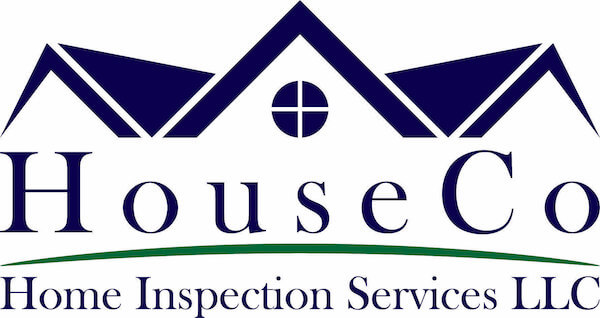MY Services
My home inspections are performed with great care and attention to detail.
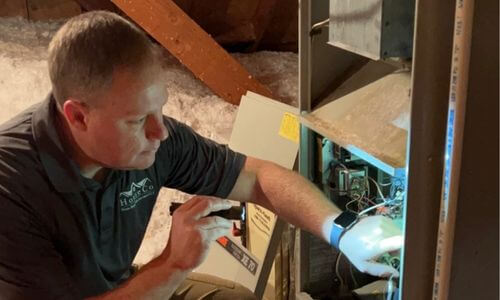
Residential Inspections
I know that purchasing a home is one of the largest investments that you’ll make throughout your lifetime. With this in mind, I take care to note every detail possible during the inspection process.
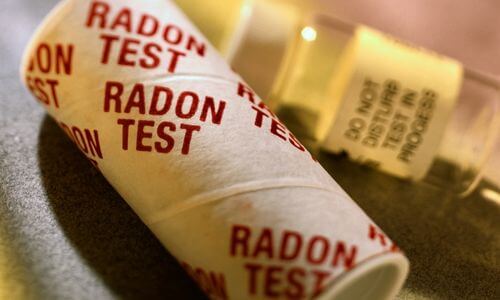
Radon is the 2nd leading cause of lung cancer in the US, and can be found in almost any home. Make sure you and your family are protected by getting your property inspected for safe levels of radon today. You can learn more about radon testing here.
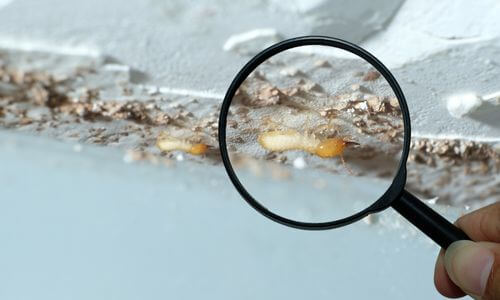
Scheduling termites/WDI inspections with 3rd party partners
Getting a wood destroying insect (WDI) inspection will help you determine if there are pests in your home, and what the next steps will be.
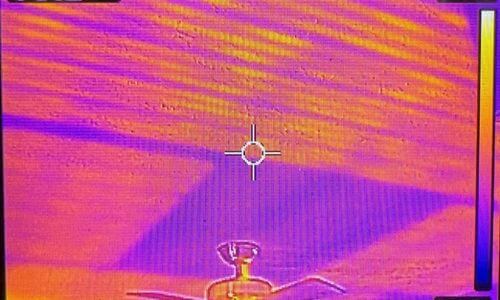
Thermal imaging
Thermal imaging is included FREE with every home inspection (a $150 value!). Thermal imaging can allow me to see things like moisture intrusion, plumbing leaks, and overheating electrical.
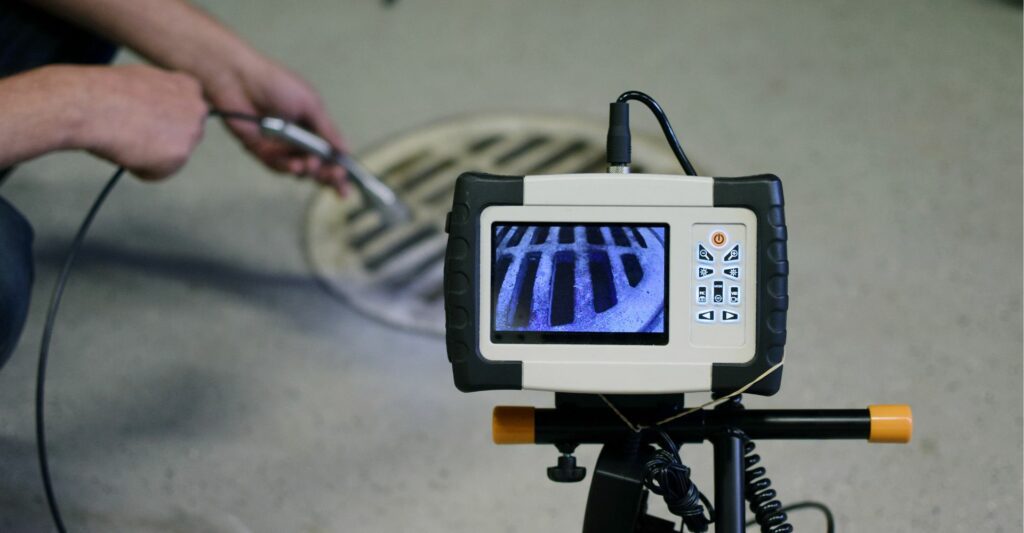
Sewer Scope Inspections
If you think there might be problems with your plumbing system, then you should get a sewer scope inspection. This inspection helps identify issues before it causes costly damage to your home and saves money on repairs.
Frequently Asked Questions
Buying or selling a home can be a stressful experience, but I’m here to ensure you know what to expect during your home inspection.
A home inspection includes checking for any structural issues such as foundation cracks, roof leaks, plumbing issues, electrical wiring, heating/cooling systems, insulation, windows, doors, chimneys, etc. Depending on how big the property is, a home inspection typically takes 2-3 hours.
Ensure all inspection points are free from clutter, including any closets that might lead to a crawlspace or attic, and clearing some space around your home’s perimeter. It’s also important to check the functionality of all built-in appliances, electric, and gas. If you don’t plan to attend the inspection, make sure your inspector has access to the home, and all pets are properly contained or moved.
A home doesn’t pass or fail an inspection. Instead, a home inspection is a thorough audit of your home’s components. In most cases, there will be concerns marked on your home inspection report, but these are strictly informative.
While you can legally skip a home inspection in many cases, doing so could mean you may end up buying a home that has major issues that need to be fixed.
While a home inspector may recommend some minor repairs, they are not qualified to make major repairs. He or she can provide information about what needs to be repaired — and it might be helpful to know that information — but the decision to actually do the work lies solely with the homeowner. Not only does this you the freedom to choose your contractors, but it also helps prevent a conflict of interest.
A home inspection can affect appraisals for two reasons: 1) The inspector may find something wrong with the property that would lower the value of the home, 2) The inspector may find things that need repair which could increase the value of the home. If the inspection finds issues that require repairs, then the seller has to decide whether they want to fix them themselves, or hire someone else to do it. If the buyer wants to purchase the home, he/she must be willing to pay for those repairs.
